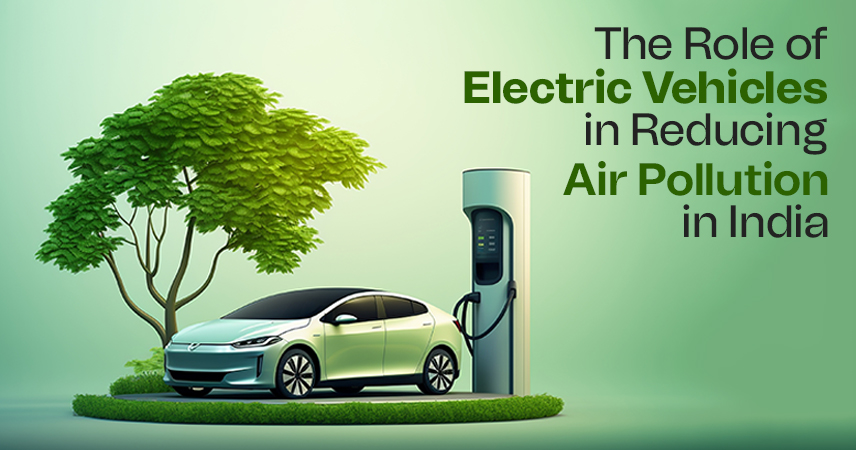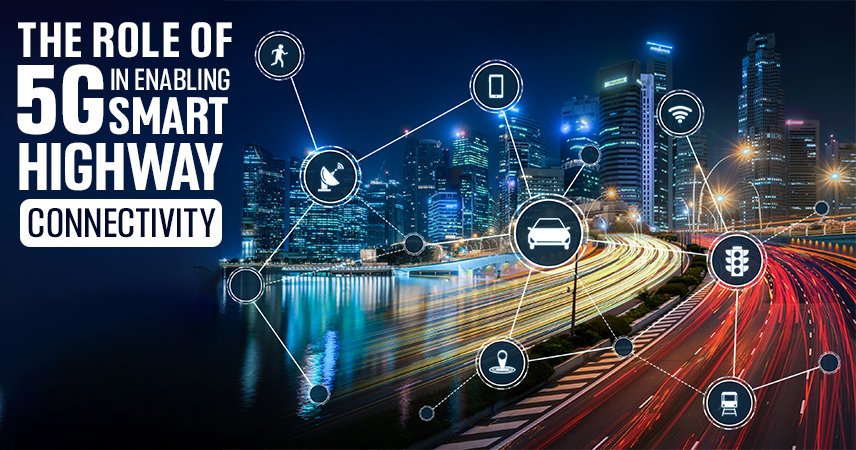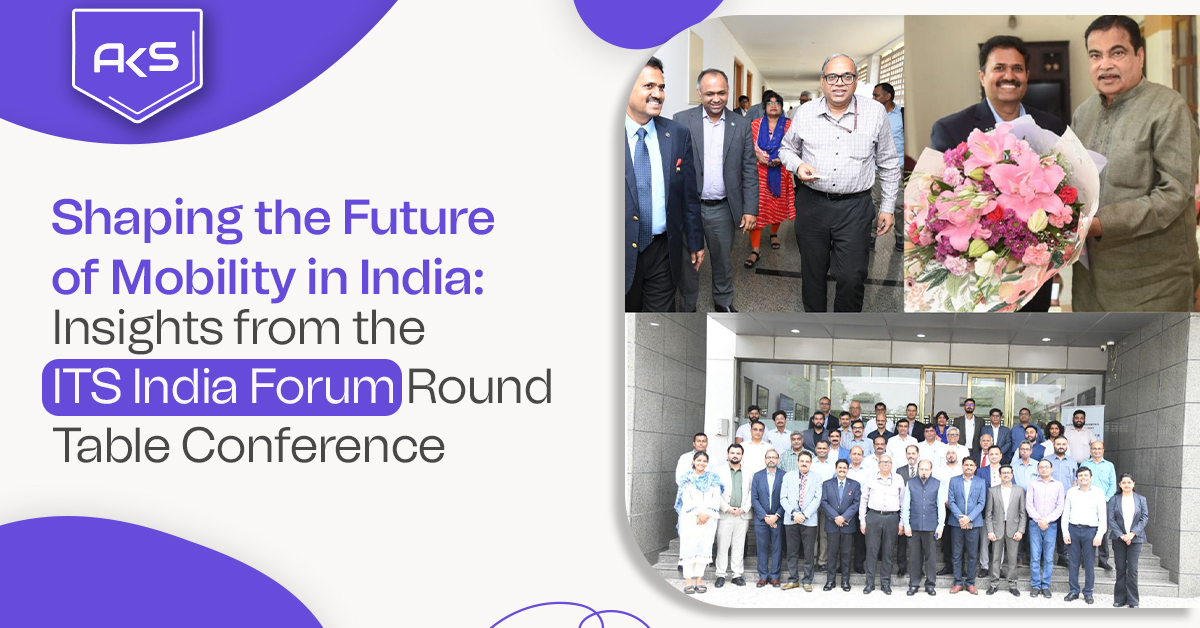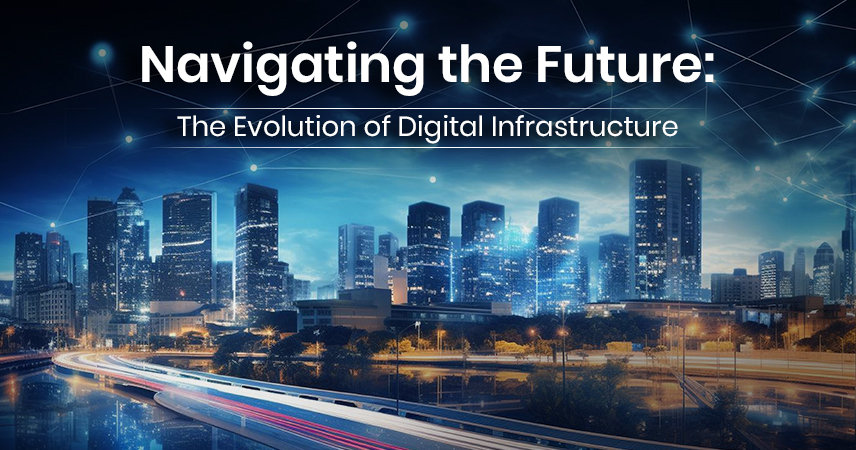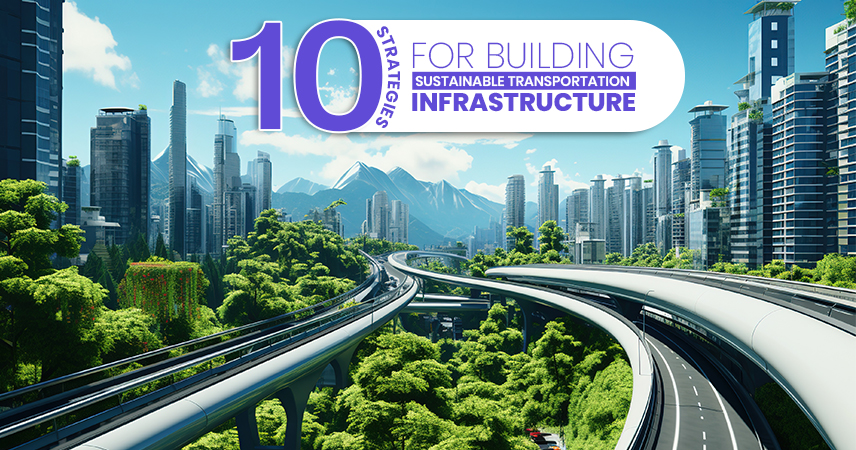Recent Blog
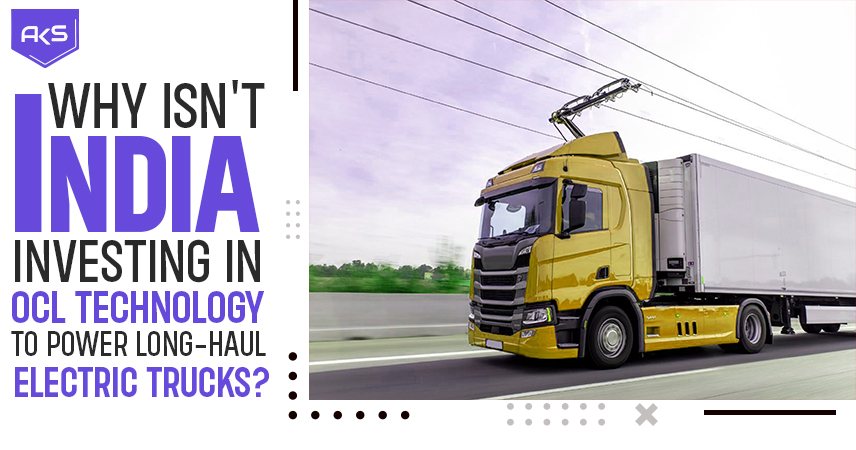
As nations across the globe gear up for a transition towards
sustainable transportation, the trucking industry stands at a crucial
crossroads. In India, a country known for its bustling road freight sector, the
conversation around cleaner alternatives to diesel-powered trucks is gaining
momentum. However, amidst discussions on battery electric trucks and
hydrogen-powered alternatives, one question looms large: Why is India not
investing in overhead cable line (OCL) technology to power long-haul electric
trucks?
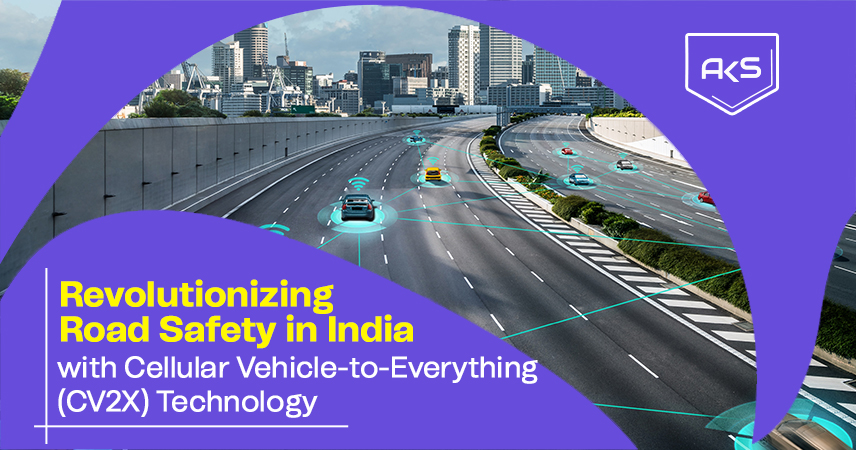
India's road safety landscape has witnessed a monumental shift with the introduction of Cellular Vehicle-to-Everything (CV2X) technology. This transformative step signifies a leap towards a safer and more connected transportation environment, promising a future where road accidents are minimized through innovative tech-driven solutions. The advent of CV2X technology symbolizes the realization of a long-nurtured dream for enhanced road safety.
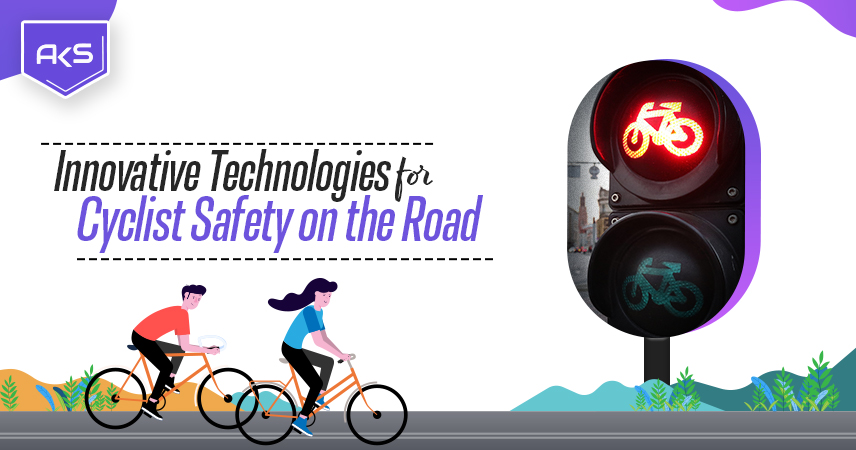
In recent years, the integration of innovative technologies into vehicles and road infrastructure has played a crucial role in enhancing road safety, particularly for vulnerable road users such as pedestrians and cyclists. From advanced detection systems to smart sensors, these technologies aim to reduce accidents and improve the overall safety of our streets.
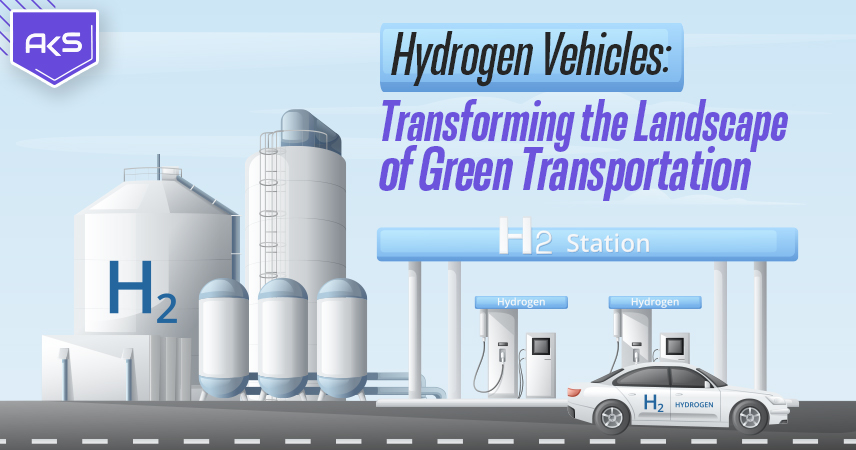
With the escalating concern for environmental sustainability, the transportation sector is experiencing a revolutionary shift toward green energy alternatives. Among these innovations, hydrogen-powered vehicles are emerging as a game-changer in the pursuit of eco-friendly transportation. In this comprehensive blog, we explore the transformative impact of hydrogen vehicles on the future of green transportation.
Read More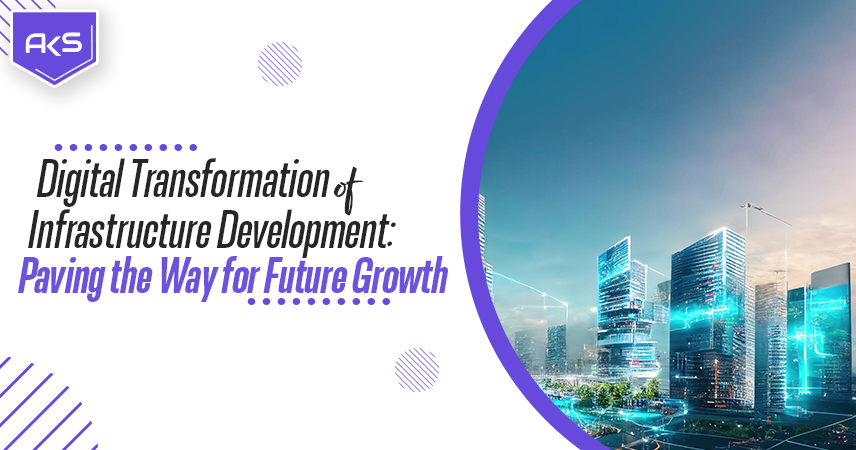
In today's rapidly evolving world, the digital transformation of infrastructure development is playing a pivotal role in shaping the future landscape of cities, transportation, energy, and communication systems. This article delves into the significance of digital transformation in infrastructure, the challenges it addresses, and the opportunities it presents for future growth.
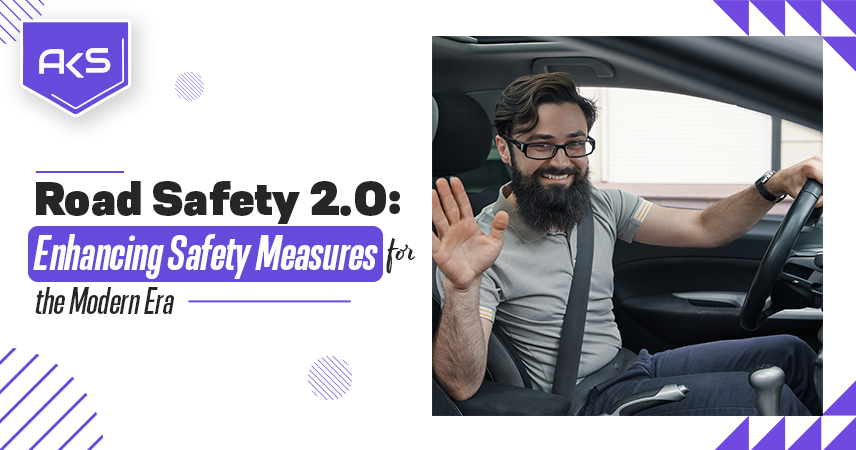
In
today's fast-paced world, the evolution of technology has significantly
transformed various aspects of our lives, including transportation and road
safety. As we step into the modern era, it becomes imperative to enhance safety
measures on the roads to adapt to the changing landscape and to ensure the
well-being of all road users.
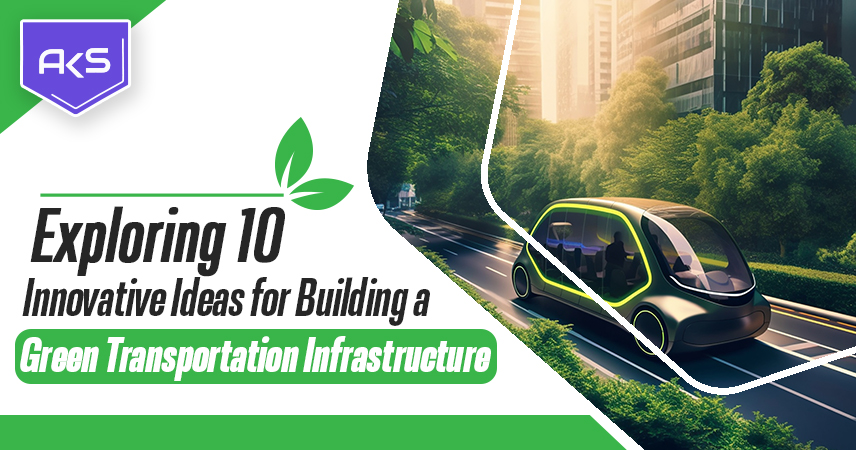
In today's world, the need for sustainable and eco-friendly
transportation solutions is more pressing than ever. With concerns about
climate change and air pollution on the rise, communities around the globe are
seeking innovative ways to build green transportation infrastructure. From
electric vehicle charging stations to bike lanes and renewable energy for
public transport, there are numerous ideas that can make a significant impact
on reducing carbon emissions and creating healthier, more livable cities.
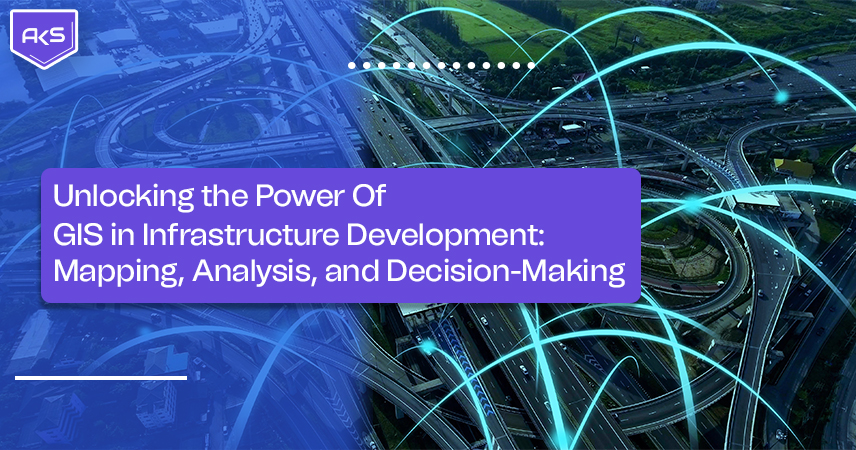
In today's rapidly evolving world, infrastructure
development plays a pivotal role in the growth and sustainability of economies.
To efficiently plan, construct, and manage infrastructure projects, the
integration of Geographic Information Systems (GIS) has become indispensable.
GIS technology allows for the collection, analysis, and visualization of
spatial data, providing valuable insights that drive informed decision-making
across various sectors.
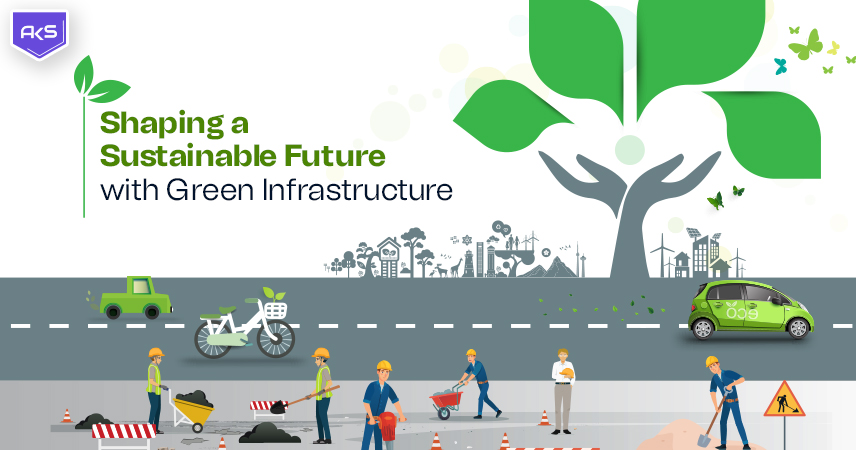
In today's rapidly urbanizing world, the need for
sustainable development has become more pressing than ever. One key aspect of
this sustainable future is the implementation of green infrastructure. But what
exactly is green infrastructure, and how can it shape a more sustainable
future?
